Ambassador spotlight: Annaliese Allen
Location: Orange, CA
Time as an ambassador: 1.5 years
Favorite Athletic beer: Blackberry Berliner Weisse or Cerveza Atletica
Social media: IG @annaliese.allen ; photography IG @shotbyannaliese
Annaliese did her first Obstacle Course Race (often known as OCR) only a couple years ago, and she instantly fell in love.
A competitive swimmer through college and a lover of rock climbing and skiing, Annaliese is, at the very least, no stranger to athletic pursuits -- in fact, she’s a veritable force to be reckoned with. Once she gets up to the starting line and that adrenaline hits, she’s a pure warrior.
In her first year competing in OCR, she signed up for the half marathon Spartan race not knowing what she was getting into but excited for the challenge. She won ninth place in her age group and qualified for nationals.
Moving up the chain, she placed third in her next race, placed ninth in nationals, and then suddenly found herself eligible to compete on the world stage in Tahoe. That race was less than ideal -- delays due to snow and freezing outdoor temperatures that made the water brutally cold. She persisted and persevered through it all, though, and won fifth in her age group.
“Usually I’m not one for finisher medals, but those three races were so significant. I’ve kept them proudly displayed.”
Athletic Brewing Company sat down for a chat with Annaliese recently to learn more about her reasons for becoming an ambassador, how Athletic Brewing has helped her through training and injury recovery, and what she’s got on her plate for the upcoming race season.

What made you decide to apply to become an ABC ambassador?
I had been in OCR for about 6 months, and one of my fellow teammates, Tony Maher, who is also on the ambassador team, like, can not stop talking about Athletic Brew. And, he loves beer, and he’s like a beer connoisseur, so Athletic Brew was like, I’ve got to have this on my roster because of all of the great qualities. He talked it up. So I filled out the application, and ended up talking to Mason (Gravley), and yeah, the rest is history.
So what about Athletic Brewing was appealing to you? How did the brand speak to you personally?
I’ve been an athlete for a very long time. I’ve gotten into climbing, and I love skiing -- I’m not very good at it, but then I’ve gotten into OCR. Having a beer in the midst of skiing is very popular, or at the top of a slope, or while climbing, like during a climb, which is not the smartest idea. Especially because of the alcohol, especially because when you’re doing climbs like these you’re at altitude, so alcohol affects you more.
I also know that it’s dehydrating, so for me, all these factors are incredibly important to have a non-alcoholic beer. I do like beer, and Athletic Brew tastes just like beer, so I can have it without having to worry about being dehydrated, or being affected by the alcohol so that I can just function without any hindrance from alcohol and not have to worry about that, “Oh, I’ve just had a drink, now I have to be hyper aware of everything.” You can just drink and go -- you don’t have to stress.
In what ways has the Ambassador program helped you grow or develop in your personal, professional and/or athletic careers?
I love beer. I love drinking with friends. I love having it stocked in the fridge. When I’m in the midst of training for a big race, usually I cut out beer altogether along with sweets, but this way I would be actually able to have a beer to enjoy with friends and not have to worry. I'm one who does not like getting drunk or feeling buzzed, I like being in control of myself and my environment. Athletic helps me to be able to do that -- to still enjoy and still be able to be in control of everything.
What’s a hardship you’ve had to overcome, and how did it shape you into who you are today?
All of 2020 I was injured. It was kind of really good timing, because of COVID, but at the same time, it’s been incredibly frustrating. About November/December 2019, I started up with knee problems. And then in January, it hit my hip.
So from then until June I was having knee and hip problems, and I did about two complete training resets, where I would start back, like, just stretching, and basic, simple, foundational movements.And exercise was very slow, very minimal. And then I would slowly build up. And both times were unsuccessful.
I ended up going to a specialist to get everything checked out. I got x-rays and MRIs, and ended up having edema in both my knees and my hip, and bruising because it was bruising the fatty tissue above my patella and knee cap. And then bruising in my hip because my femur and my pelvic bone were pinching the muscle due to incorrect pelvic tilt.
So 2020, it felt very much like a bust. I did have a very successful race in February, but I was hurting the whole time. It was really frustrating seeing all of my teammates and other people I follow on Instagram just being able to train throughout 2020 and seeing their improvements even though there were no races. I just saw them being able to take the time to really work on their tiny imperfections and really hone in on certain skills, whereas I had to take 6 months off. I took off July to December. Toward the end of December, I started very slowly training again, and last week (early February) was my first run in 8 months.
That has really taught me a lot of lessons. It’s taught me to be patient. It’s taught me to not get mad with myself when something is out of my control. I really suffer with FOMO, so it’s really taught me to just find joy in other areas and know that just because I’m not there doesn't mean I’m really missing out on very much. But I really need to give my body time to heal and time to recover and be very diligent with that, otherwise it’s going to not just affect me now but when I’m older. I think it’s really taught me to be very intentional for future, not just for tomorrow or next year. I want to live my entire life in a healthy state and be able to stay active and not just my mid-20s.
It was a very hard lesson. Before that, I was not very good at taking time to recover. So I would push and push and push until my body was like, “OK, that’s enough. Slow down please!” So now it’s like, OK, after each training, make sure you’re drinking lots of water, and getting the right things, and getting a good amount of sleep. For me, sleep is crazy important. I don’t function well and I do not recover well if I don’t get enough sleep. It’s all been a learning process.

What’s your favorite rest day activity?
I really have gotten into self-care days in the last few months. For me, just being by myself resting, reading, I’m an artist, so I do a lot of painting, and taking a bath. That would be my ideal rest day.
Do you have any training hacks or rest day hacks that you can share?
Work on the imbalances. I’m finding that working on single leg or single arm movements is just improving my overall strength. And I think that is something that’s definitely missed. You need to have daily activation of each leg individually, especially if you're a runner or OCR athlete.
As a woman, it would be to eat more protein. Also, my hack for female athletes, would be to read ROAR by Stacy Simms. My brain has exploded reading this book! I’ve learned more about myself physically than I ever thought, I didn’t even know was happening within me or was there. That book is definitely going to help every female with their performance and recovery.
What are your goals moving forward?
I am looking to get into some trail races if my knees will cooperate, because I’m still having some knee pain. So really, the next goals are just continuing to work on all of my imbalances and hopefully being able to do a trail run. There’s a little local OCR race happening at the end of April, so I will be entering that in the competitive wave.
My mentality when entering a competitive wave is, you just do it. Just in case you have a great race day that day. You never know. Because if you do the non-competitive wave and you compare your times, and you could’ve gotten podium or something like that. So I’ll be doing the competitive wave. And then I have some big plans for trail races over the summer should my body cooperate. So -- getting healthy and racing.

What would be your dream race?
They have this “castle race,” I think it’s put on by Red Bull and it just looks absolutely amazing. I have a very vivid and intense imagination, and I always have, so as a kid, running around creating obstacles, creating this fantasy world -- this race would be like the adult version of that. There’s archery, and you have to retrieve arrows, it’s on the property of a castle, you have to retrieve keys and unlock chests to get flags, and then you have to run with your flag and place your flag, and that’s your finish line. That race would be my ultimate goal, in addition to making it to worlds again, but making the podium.
(Readers, here’s a link to the race she is talking about, the Red Bull Conquer The Castle OCR event.)
What does Without Compromise mean to you?
Without Compromise means that you are still able to hold to your values and your goals without having to adjust or be lazy about what you’ve set for yourself. I love that tagline for Athletic Brew because you don’t have to worry when you pick up an Athletic Brew.
You don’t have to worry about, "Well, I said I was going to not drink, but everyone else is drinking and I love beer, so maybe just this one time.” You don’t have to do that. I know a lot of people who have given up alcohol for personal reasons, but they drink Athletic Brew because it’s still a beer without the alcohol, so there’s no need to compromise.
And I think as an athlete, not compromising and finding things that allow you to not compromise are incredibly vital for your athletic performance and your athletic career. I find that the moment that I compromise is the moment that my goals, my vision, my values get neglected.
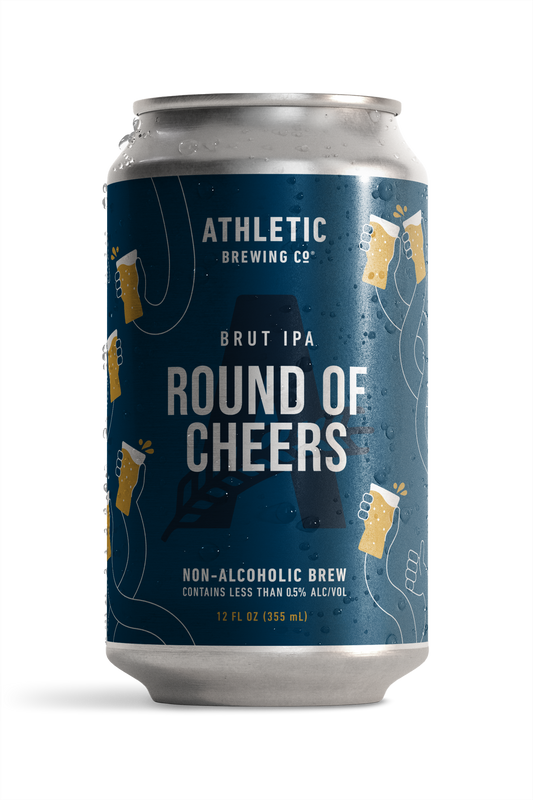
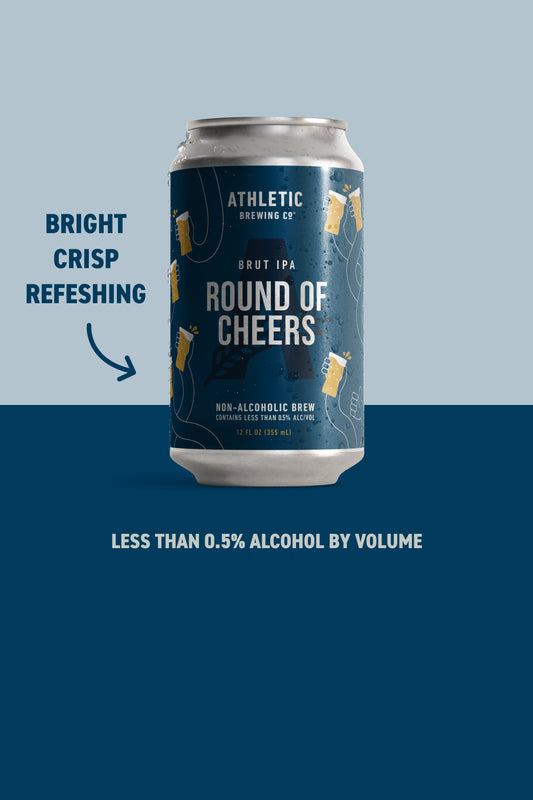
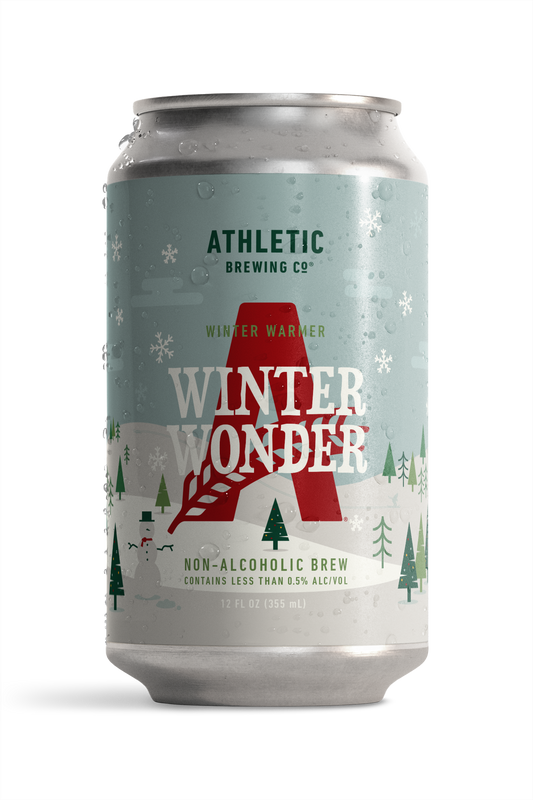
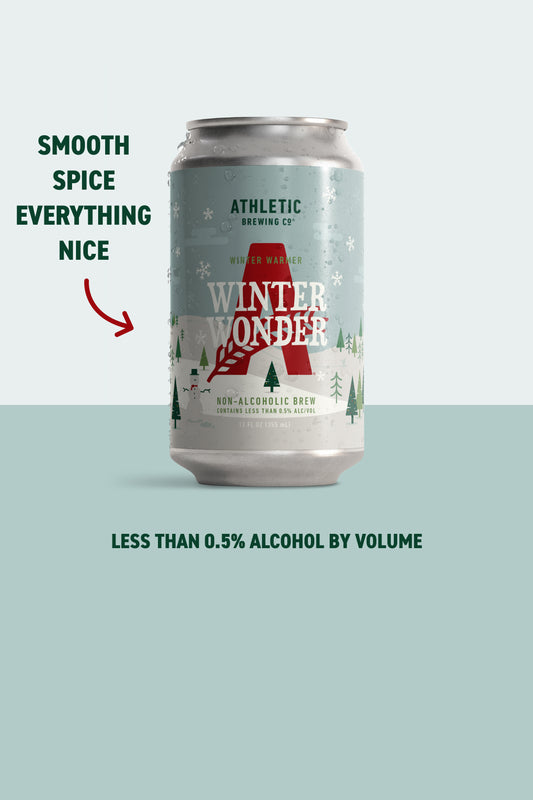
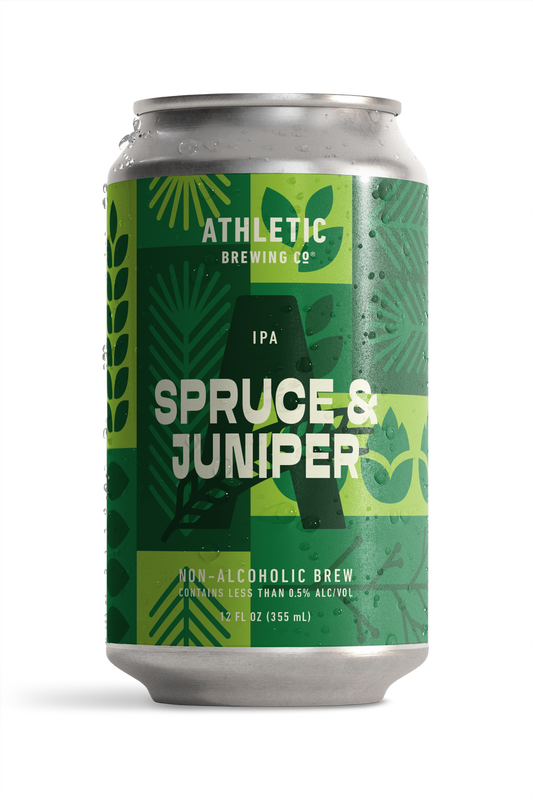
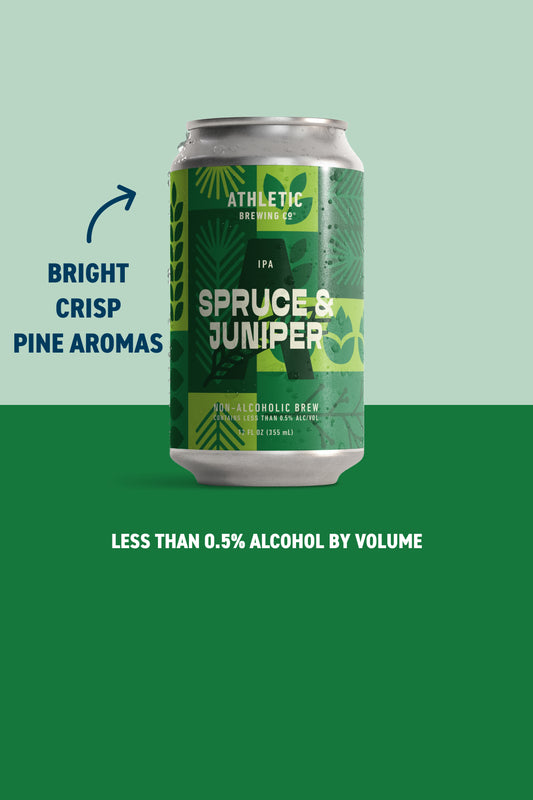
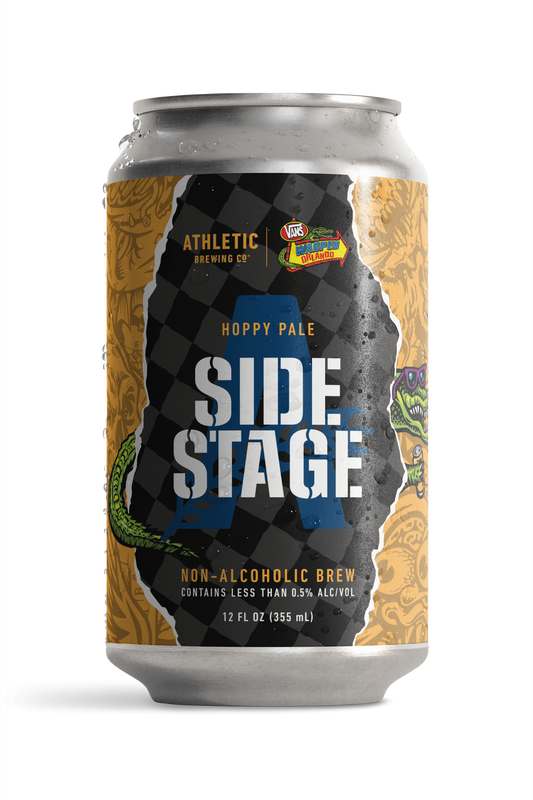

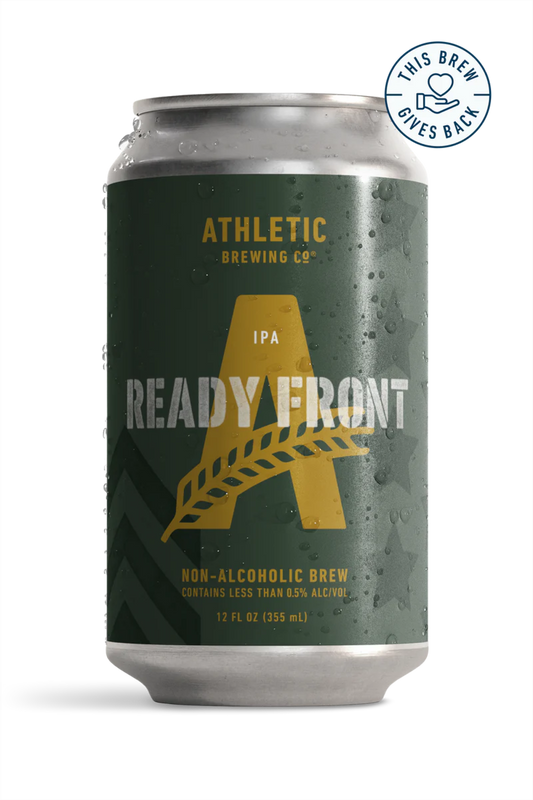
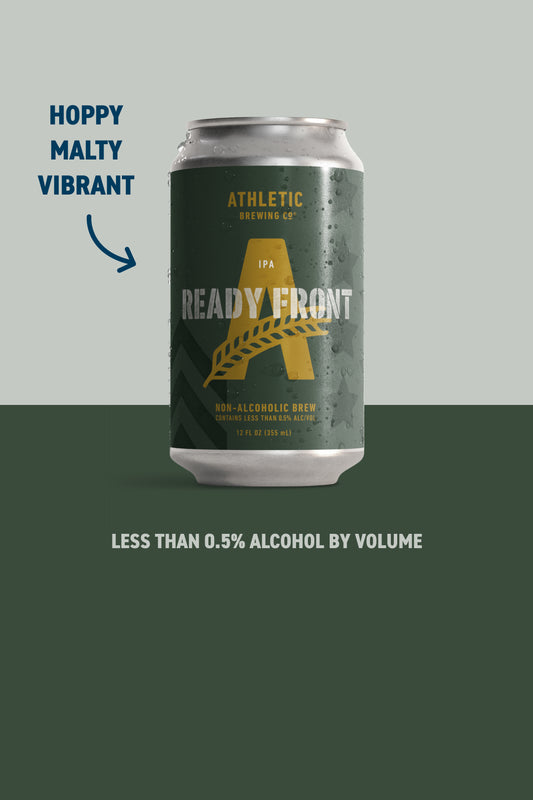
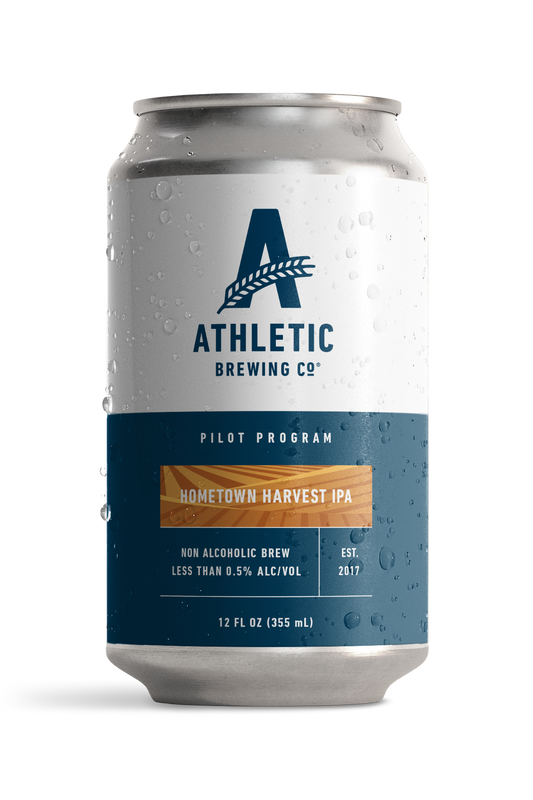
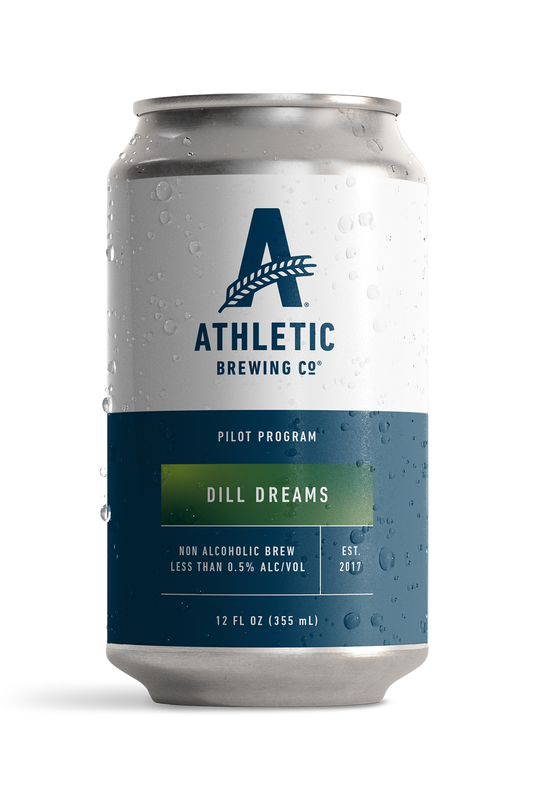

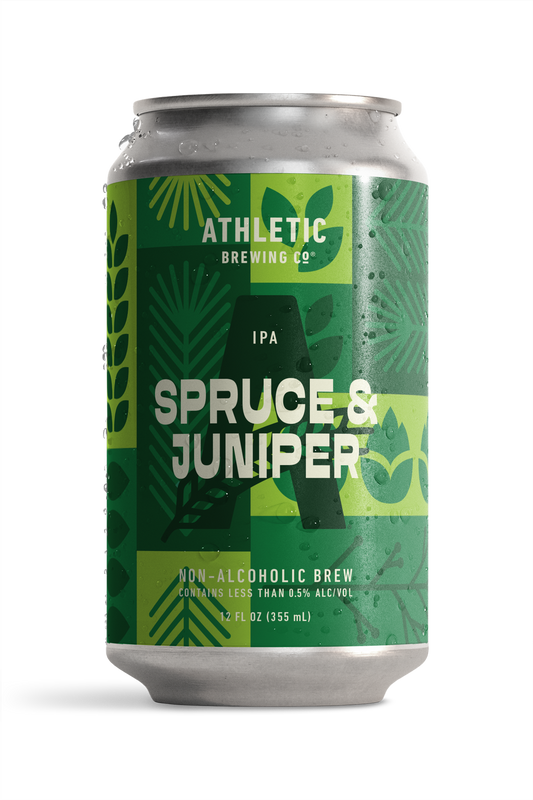
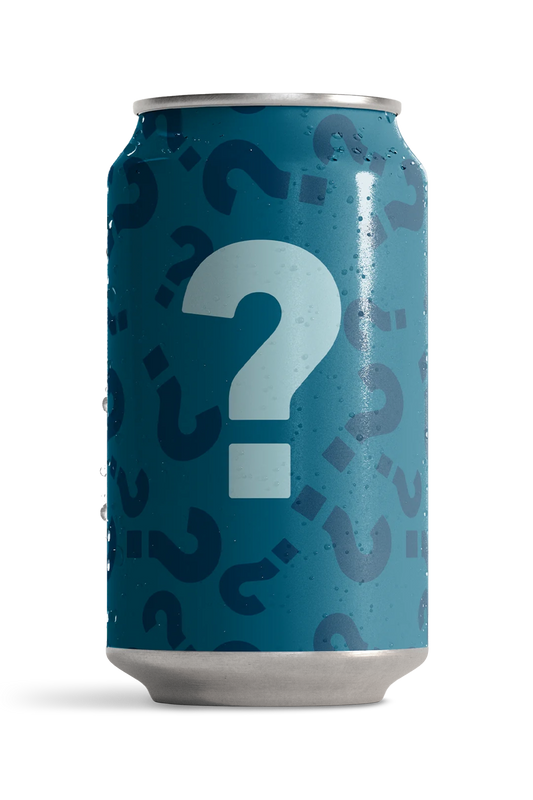
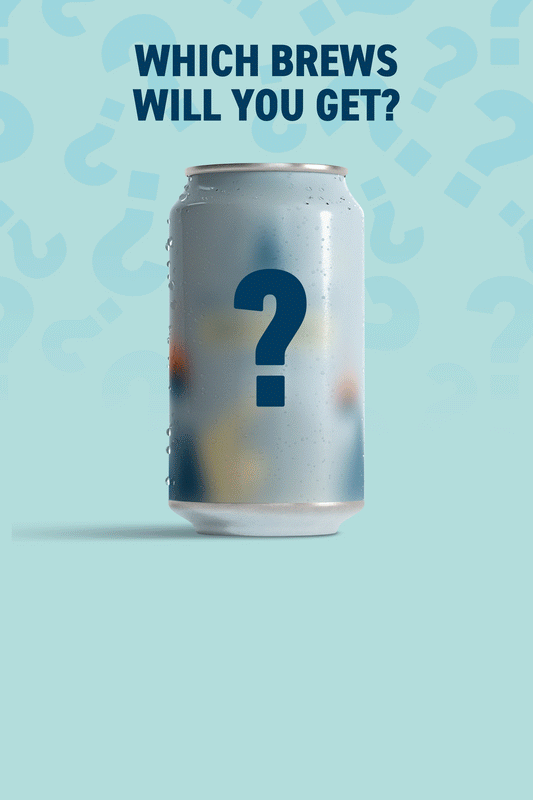









 Your Privacy Choices
Your Privacy Choices











